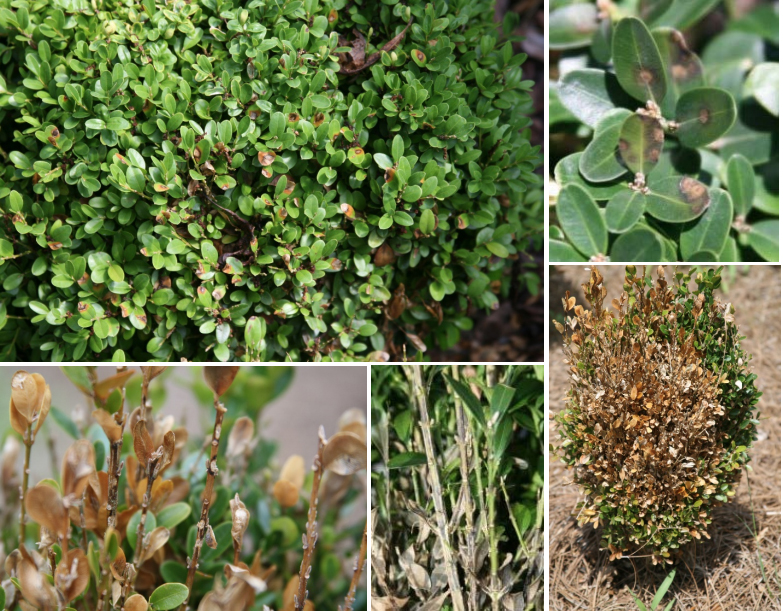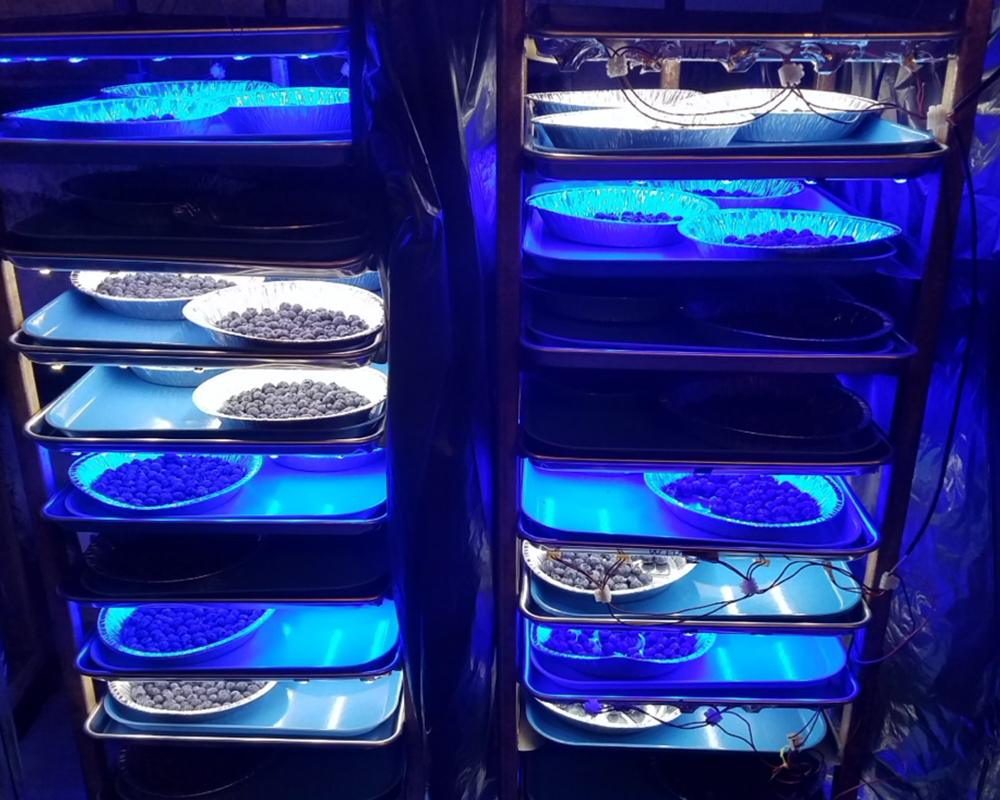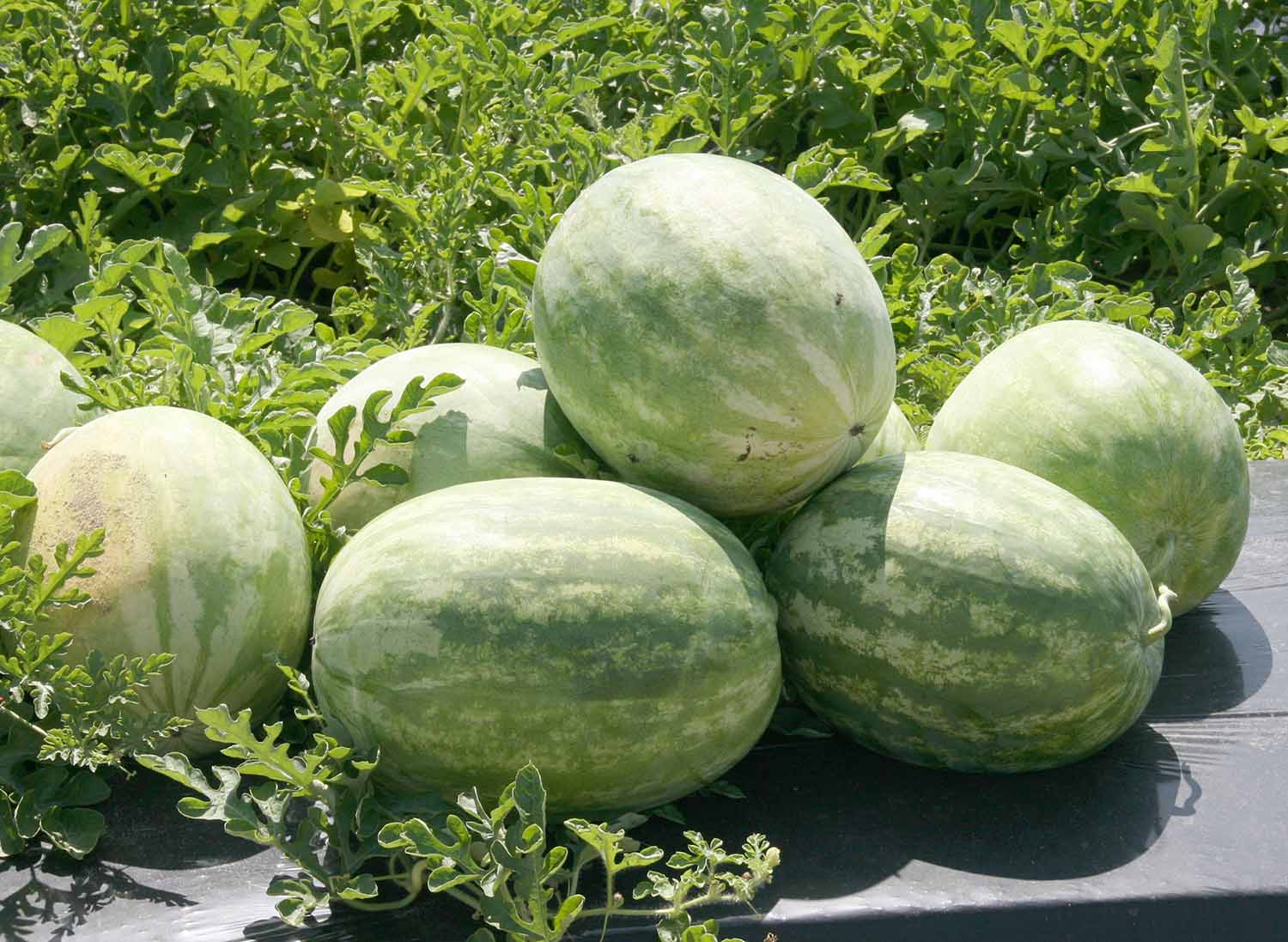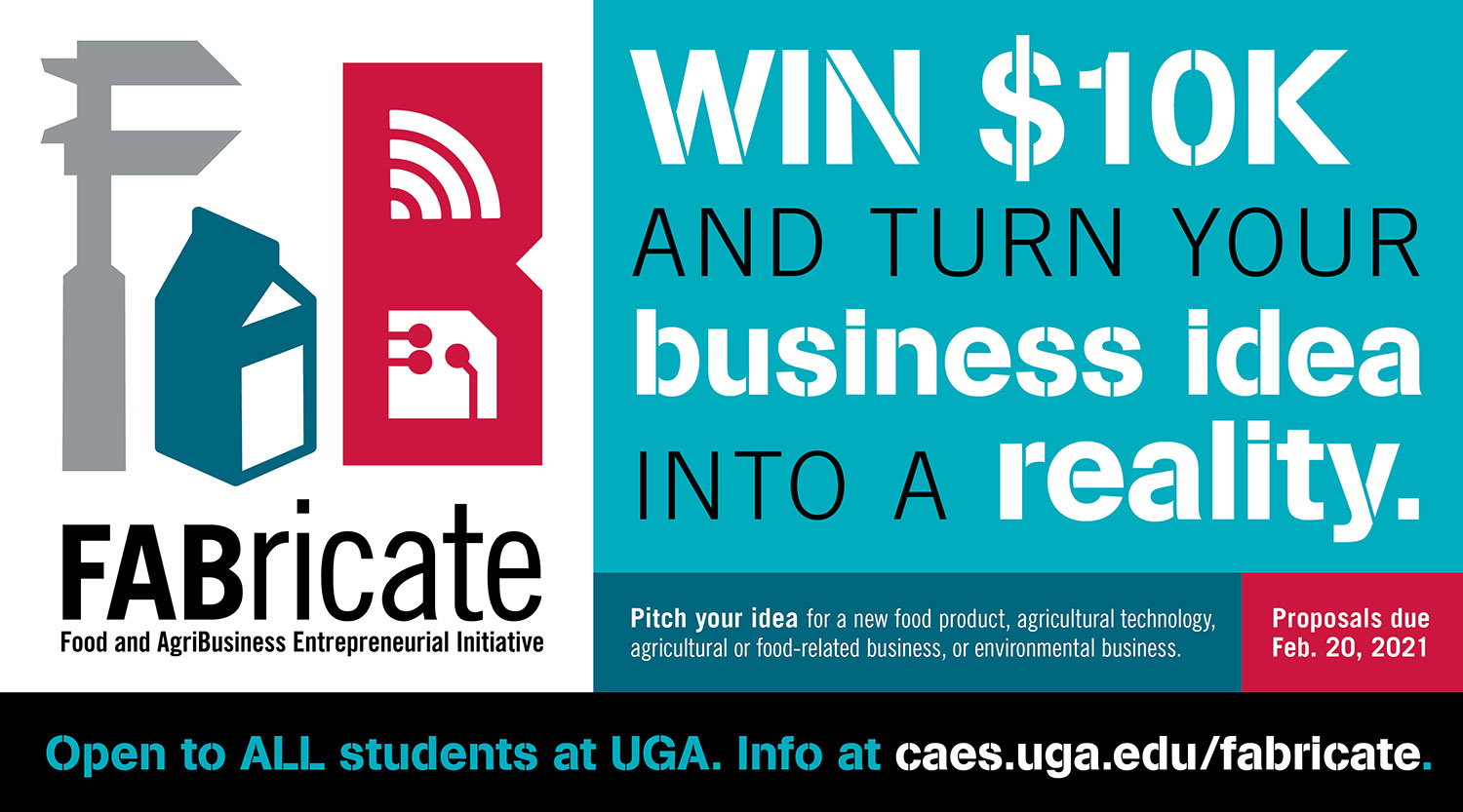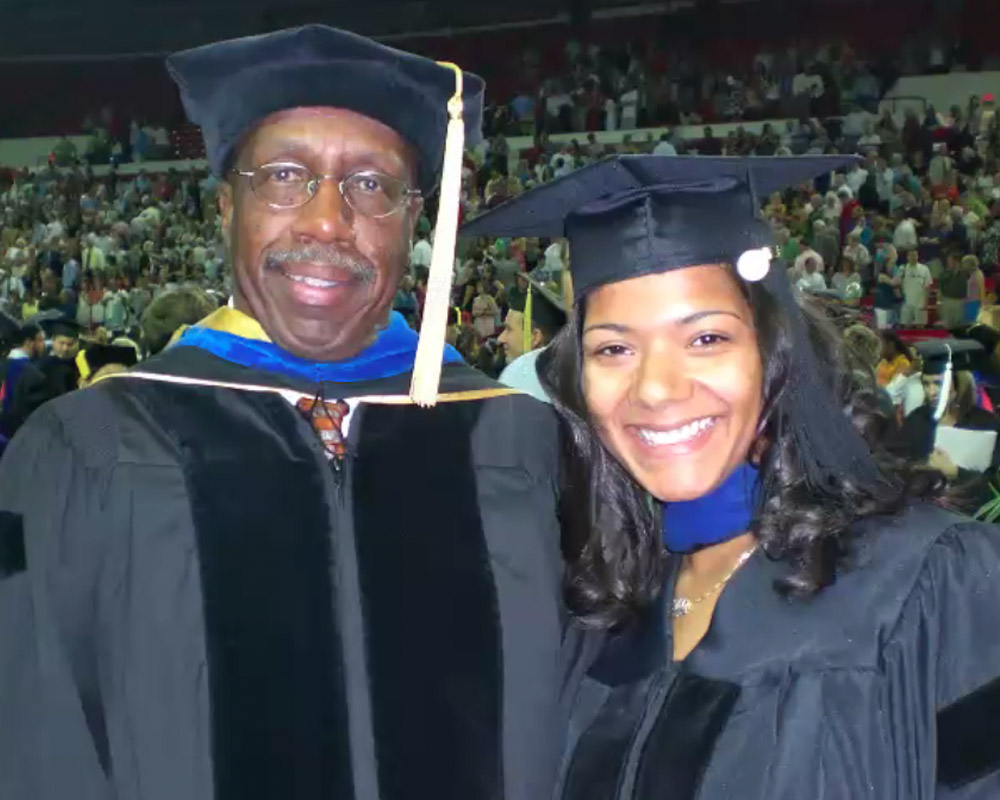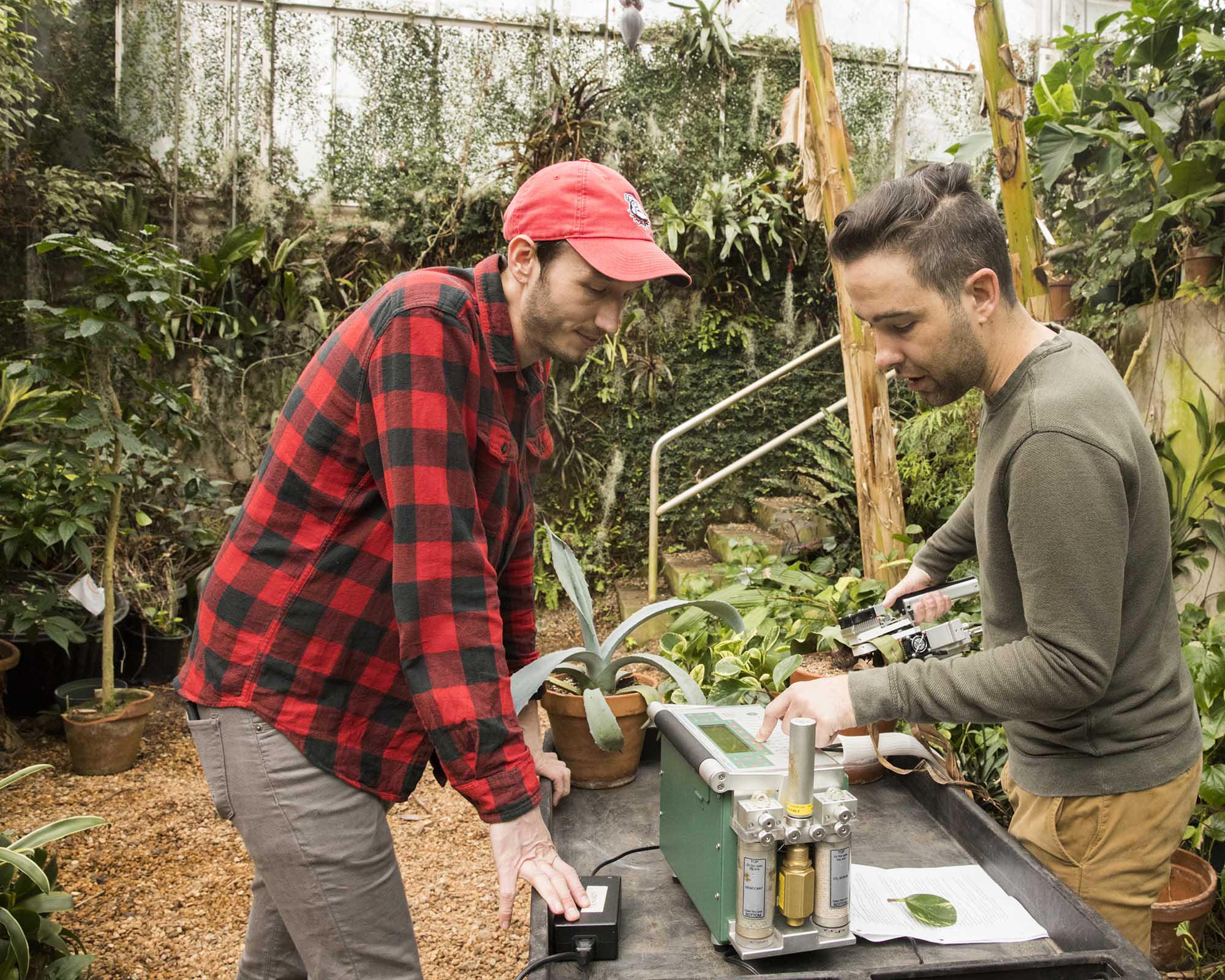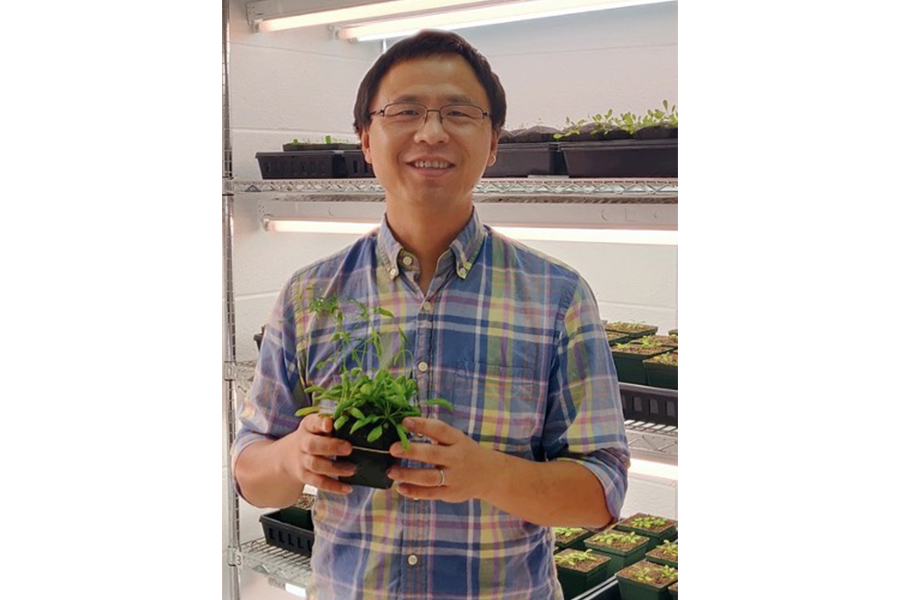 CAES News
CAES News
Aging and Immunity
Like people, plants face challenges from microbial pathogens throughout their lifespan. The National Institutes of Health (NIH) has provided Li Yang, an assistant professor of plant immunity at the University of Georgia, with the Maximizing Investors’ Research Award (MIRA) totalling $1.75 million to continue his research on the molecular mechanisms of age-related resistance in plants.

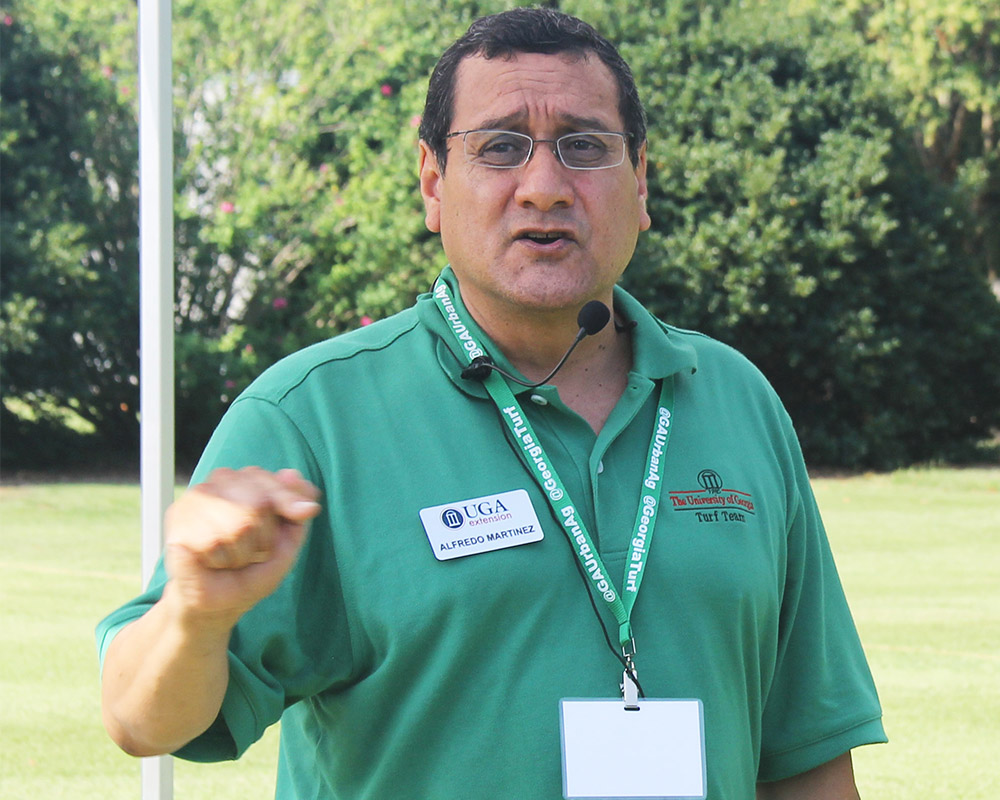
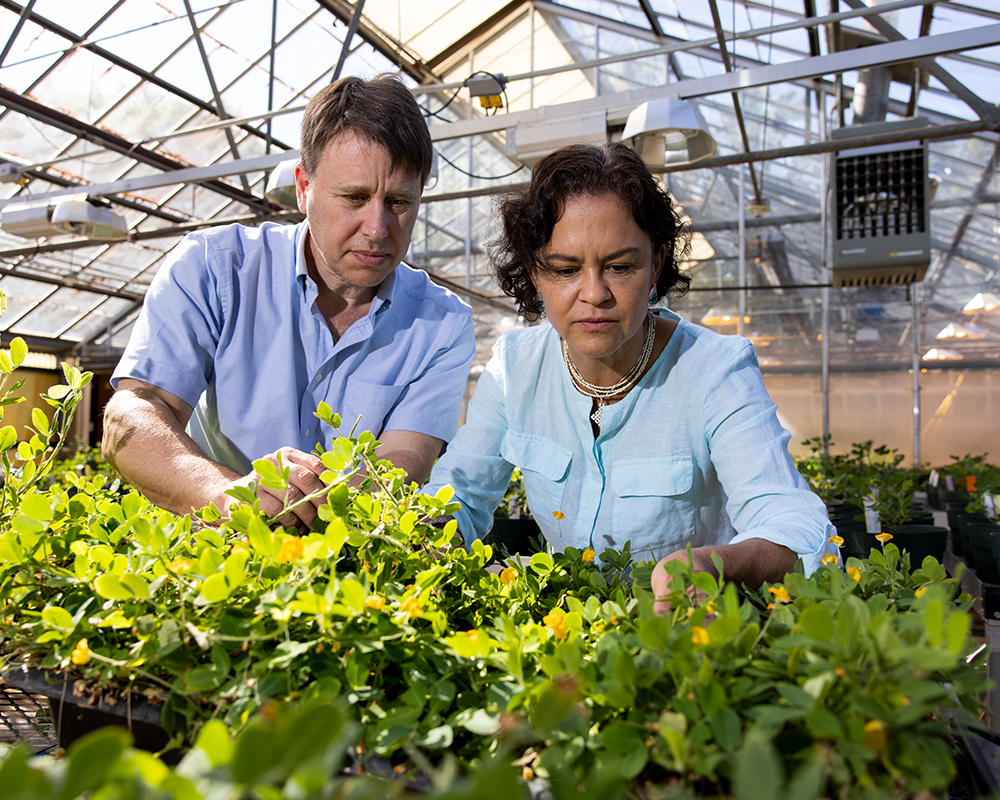
.jpg)
